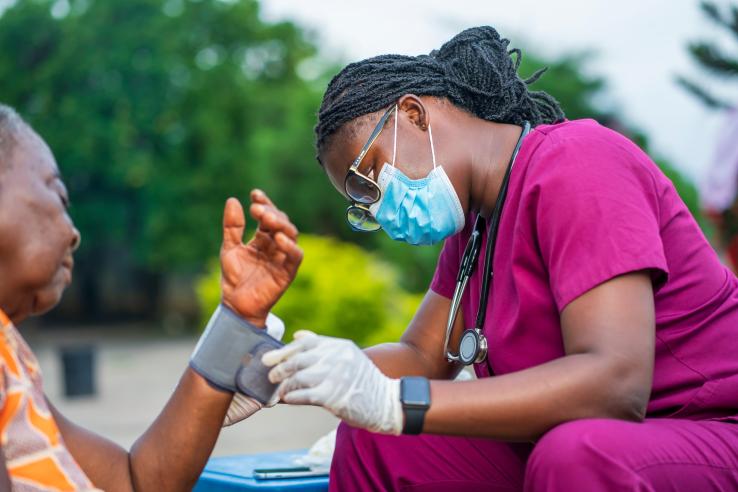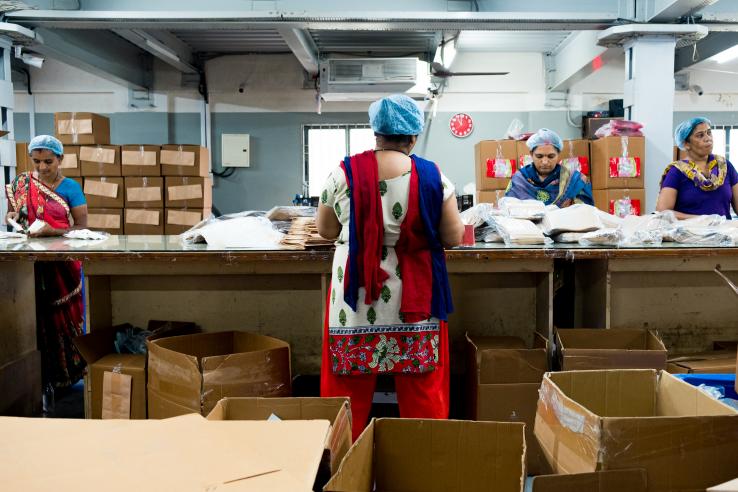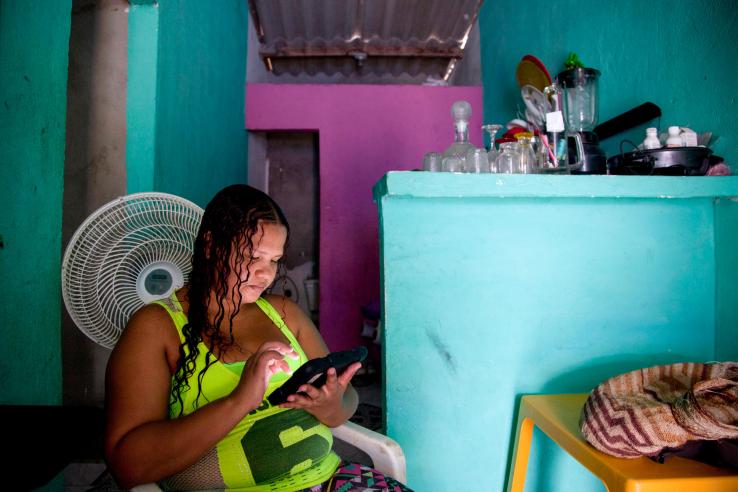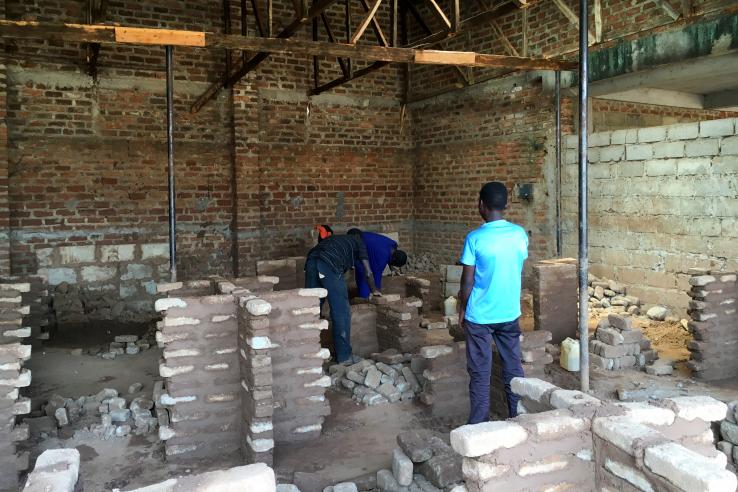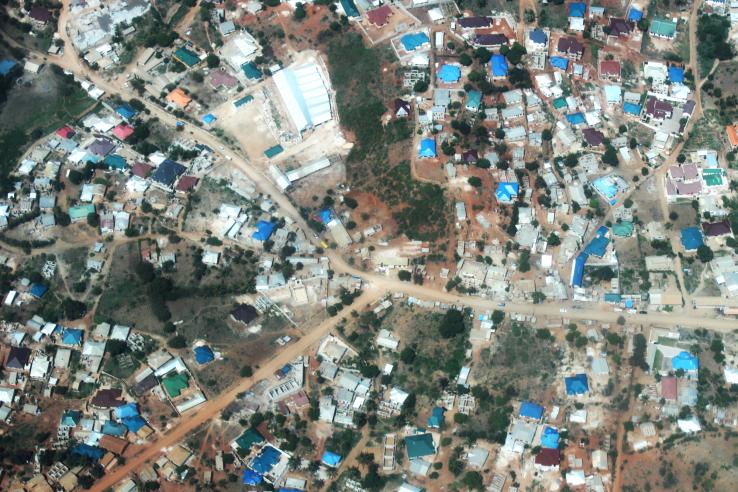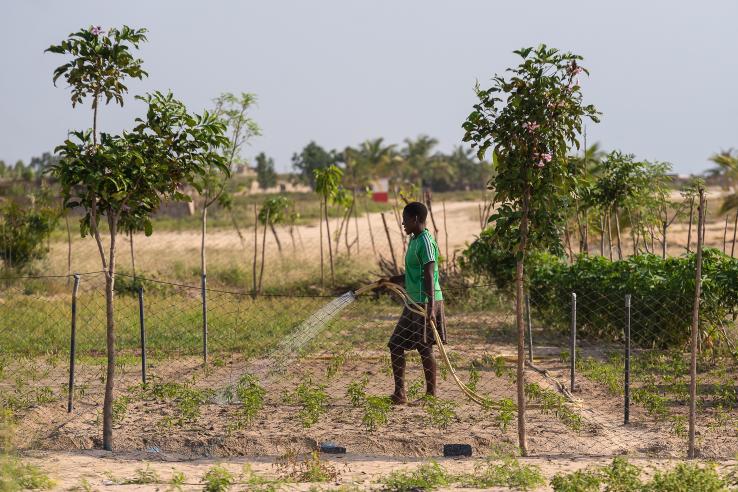Displaying 2416 - 2430 of 8326
Evaluation
Researchers in Zambia introduced different kinds of awards and information on performance rankings into a year-long training for community health workers to evaluate their impact on how much trainees learned. They found that awards focused on offering recognition and improving trainees’ status and visibility in their home communities improved performance, while those that highlighted comparisons with other trainees actually harmed performance. Both these effects were greatest among low-ability trainees.
Person
Arindam Mukherji manages donor relations, fundraising, proposal development and financial performance of projects at J-PAL South Asia.
Evaluation
Researchers tested the impact of a job search planning intervention on job search efficiency and employment among unemployed youth in South Africa. The planning intervention improved participants’ job search intensity and efficiency, leading to higher rates of employment.
Evaluation
Researchers found that, for female sewing workers in the largest private garment exporter in India, participating in a training program improved their soft skills and productivity and the firm experienced high financial returns.
Evaluation
Employers in the low-skill and entry-level job market often lack information on job seekers’ abilities, which can reduce interview invitations and job offers for job seekers, especially for disadvantaged groups such as women. Researchers partnered with the South African Department of Labour to evaluate the impact of reference letters on employer response rates and on employment outcomes for unemployed young people.
Evaluation
There is a growing body of evidence on the efficacy of SMS reminders to encourage banking clients to save more. Researchers in the Dominican Republic partnered with savings and credit institution Banco Unión to conduct two randomized evaluations of tailored SMS reminders.
Evaluation
Researchers evaluated the impact of offering either subsidized vocational training to unemployed youth or subsidized apprenticeships for firms on youth employment and earning outcomes in urban Uganda. Both forms of subsidized training led to greater skill accumulation, higher employment rates, and higher earnings for workers; however, the gains were larger for vocational trainees and were sustained over time.
Evaluation
Researchers conducted a randomized evaluation to measure the impact of unconditional price discounts and price discounts conditional on including a woman on formal purchased land titles in traditionally informal settlements in Dar es Salaam, Tanzania. Price discounts increased demand for formal land titles, and that demand increased by the same amount whether or not the discount was conditional on including a woman on the title.
Evaluation
At a community college in Fort Worth, Texas, researchers evaluated a comprehensive case management program called Stay the Course, which included mentoring and emergency financial assistance (EFA), and measured the impact of these services on students’ academic outcomes, including persistence in school, degree completion, credits earned, and cumulative GPA. They found that students who received a combination of case management and EFA services were significantly more likely to stay in school and to graduate, and that these effects were particularly pronounced for women.
Evaluation
Researchers are partnering with the Savanna Farmers Marketing Company (SFMC) to evaluate the impact of a contract farming program that encourages the uptake of new technologies on the adoption of high yielding seeds in northern Ghana.
